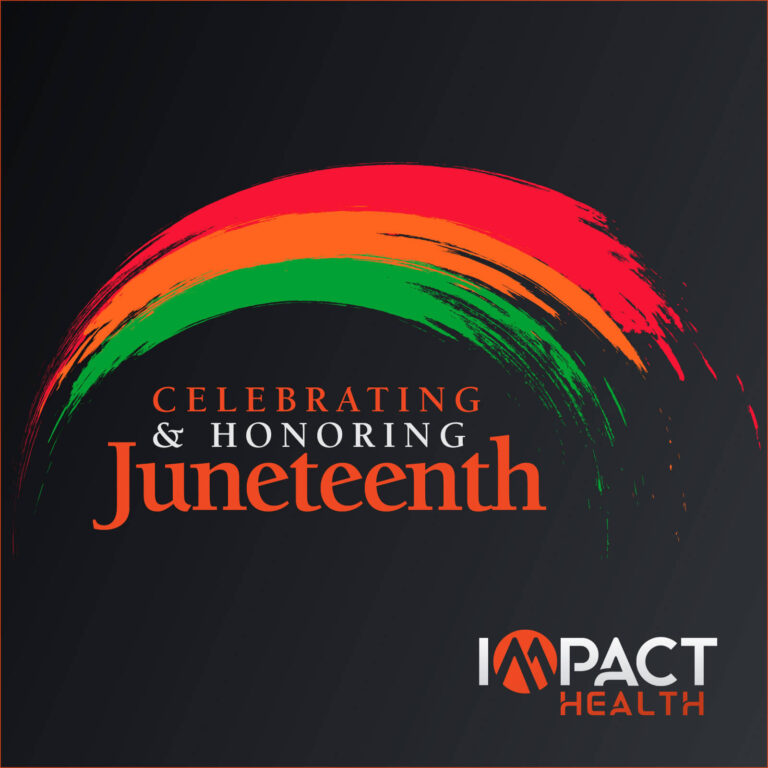by Dionne Greenlee-Jones
Emancipation. Self-Determination. Freedom. Independence. Deliverance. Enfranchisement. Liberty. Release. Unchain. Unshackle. Liberation.
These powerful words point to foundational concepts behind the establishment of Juneteenth on June 19, commemorating the emancipation of the last enslaved African Americans in the United States. Juneteenth is a holiday older than many, but it was only recently designated as a federal holiday. Many are still unaware of its origins. The Smithsonian’s National Museum of African American History & Culture offers a brief history:
“On ‘Freedom’s Eve,’ or the eve of January 1, 1863, the first Watch Night services took place. On that night, enslaved and free African Americans gathered in churches and private homes all across the country awaiting news that the Emancipation Proclamation had taken effect.”
Watch Night services were precursors to Juneteenth observances. They still take place today with many African Americans coming together in faith communities to welcome the New Year. Most gather to reconnect and celebrate “coming this far.” Watch Night is an opportunity to rejoice at reaching another year with its promise of more progress.
“At the stroke of midnight, prayers were answered as all enslaved people in Confederate States were declared legally free. Union soldiers, many of whom were black, marched onto plantations and across cities in the South reading small copies of the Emancipation Proclamation spreading the news of freedom in Confederate States. Only through the Thirteenth Amendment did emancipation end slavery through the United States. But not everyone in Confederate territory would immediately be free. Even though the Emancipation Proclamation was made effective in 1863, it could not be implemented in places still under Confederate control. As a result, in the westernmost Confederate state of Texas, enslaved people would not be free until much later. Freedom finally came on June 19, 1865, when some 2,000 Union troops arrived in Galveston Bay, Texas. The army announced that the more than 250,000 enslaved black people in the state were free by executive decree. This day came to be known as ‘Juneteenth,’ by the newly freed people in Texas.”
The historical, formal and political act of granting freedom to enslaved people from 1863 through 1865 was a monumental step toward the liberation of marginalized and persecuted people. Unfortunately, newly emancipated African Americans continued to suffer deliberate disenfranchisement, abuse and harm from those in power who fought to retain the privileges, wealth and benefits built on chattel slavery.
Most African Americans, regardless of when they heard the freedom bell ring, continued to suffer. The PROMISE of freedom then and now is full of a brokenness that has yet to be repaired. Juneteenth reminds us of what happened, what failed to take place, and our obligations to address the harms inflicted on those still waiting to experience a more complete freedom.
From a health equity lens, we can witness these effects today. Our pursuits to support healthier outcomes in our most vulnerable communities, many of them BIPOC, are ongoing. We must constantly work to address systemic racism and health inequities that chattel slavery forged decades ago. Health disparities in the African American community are rampant. Juneteenth, while often celebrated, is a sobering reminder that we still have much work to do – together.
The ability to self-determine one’s quality of life is a gift rooted in this legacy of emancipation. Today, Juneteenth is still about deliverance from poverty, hunger, unfair housing practices, and more. Juneteenth is an invitation to envision a life where all are unshackled from binding ties and barriers, where resources are readily available to support every family’s wellbeing, and the pursuit of generational wealth is a reality for all. Our team at Impact Health is honored to assist in liberating opportunities for health across our region, including African American communities. But there is much work yet to do.
Let us continue to honor the history of Juneteenth as we forge onward to adopt the legacy of the holiday and anti-racism as legacies of our own. Dismantling structural racism is an act of resistance and liberation . . . ultimately for us all.

Greenlee-Jones



